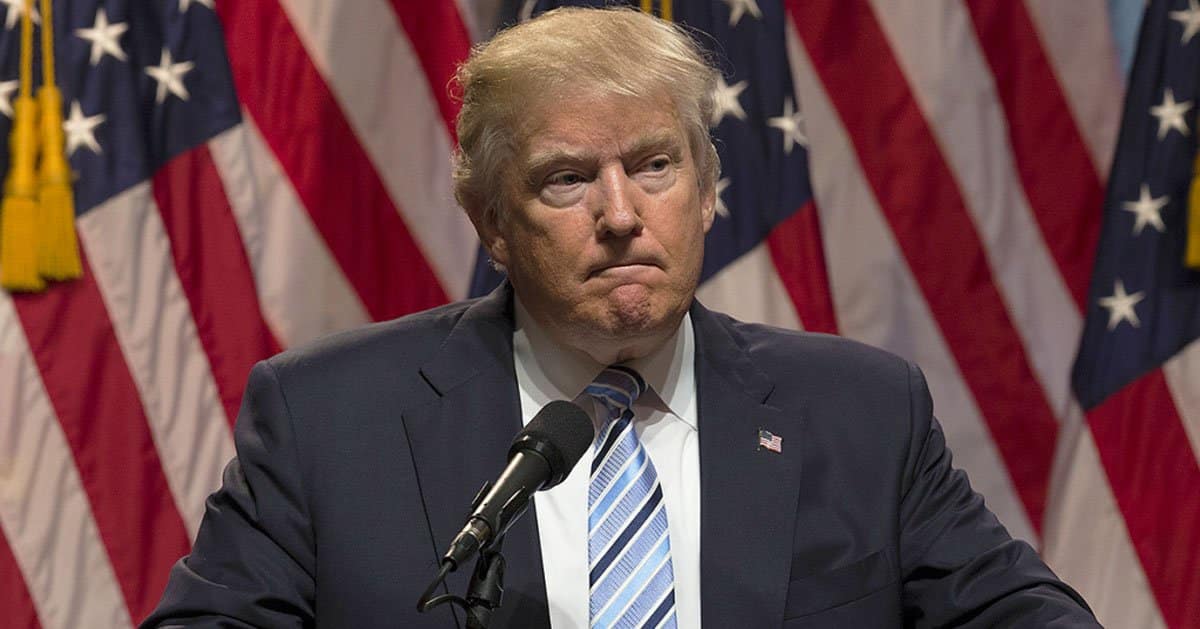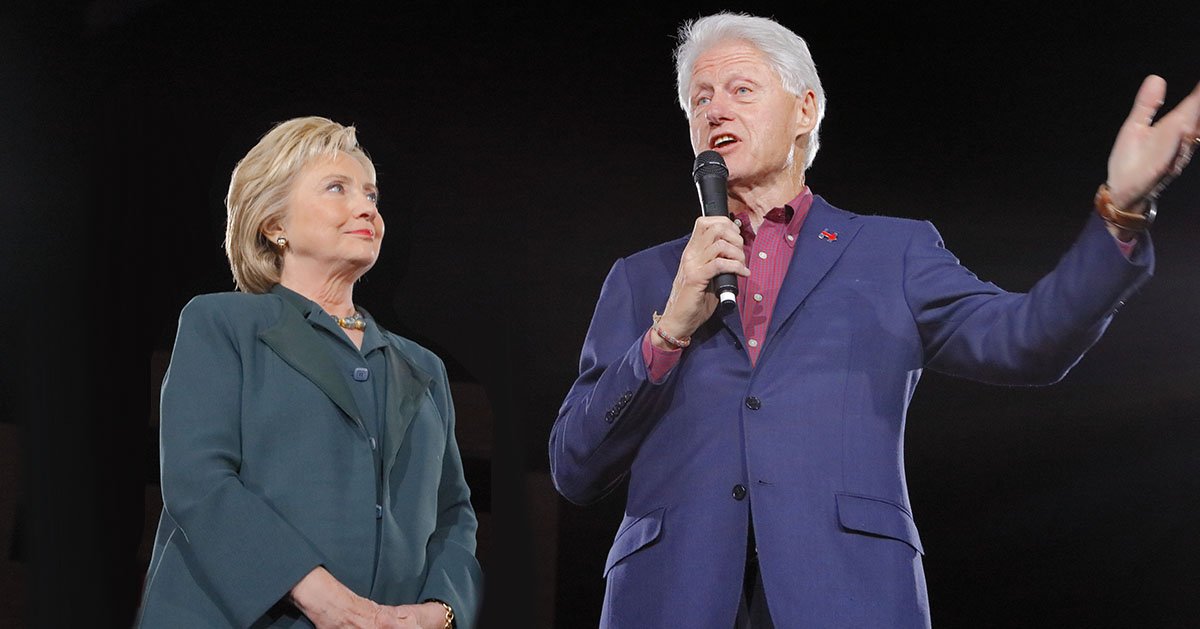








Chicago’s River North, a playground for the city’s elite, is now a hunting ground for violent thieves preying on the intoxicated.
Fox News reported that between June 16 and July 6, at least four brutal robberies shook this upscale neighborhood, with suspects—described as one to three African American males—befriending bar-goers before turning on them.
The attacks, timed for early morning when bars close, aim to steal phones and access financial apps like Cash App. Victims face beatings, with some held at gunpoint to unlock their devices.
Tori Ledzema, one victim, was ambushed at 5:30 a.m. while heading to Pilates. Four masked assailants threw her to the ground, spraining her neck.
They demanded her phone password and Cash App details, wielding three guns—one pressed to her head, others aimed at the street.
“They held the gun to my head and asked me for my password,” Ledzema recounted. That kind of brazen violence, in a city already wrestling with progressive crime policies, signals a failure to prioritize public safety. Criminals exploiting vulnerable moments isn’t new, but the audacity here stinks of unchecked lawlessness.
The suspects’ strategy is calculated: befriend, betray, brutalize. They target those stumbling out of bars, too inebriated to resist effectively. It’s a grim reminder that urban safety, even in ritzy areas, isn’t guaranteed under soft-on-crime leadership.
Former FBI agent Jonathan Gilliam warned, “If they can beat you until you give them passcodes, they will.” His words cut through the woke haze—criminals don’t care about your feelings or your apps; they want your money. Chicago’s permissive atmosphere only emboldens them.
“They were asking for her Cash App,” Gilliam noted, highlighting how robbers now chase digital wallets over cash.
Phones, the lifeblood of modern banking, are the real prize. This shift shows criminals adapting faster than city officials, who seem stuck in a pre-digital crime-fighting mindset.
Ledzema’s attackers used a driver to keep their getaway car ready. One gunman watched traffic in each direction while another held a weapon to her head.
The coordination suggests a crew that’s done this before, exploiting Chicago’s predictable leniency. Police tracked the suspects’ car and collected fingerprints, but no arrests have been made.
That’s a bitter pill for residents who expect more than evidence collection from law enforcement. In a city where bail reforms and defunded police dominate headlines, justice feels like a pipe dream.
Ledzema’s sprained neck is a physical scar, but the psychological toll of a gun to the head lingers longer. Victims like her, simply going about their day, deserve better than a city that coddles criminals. Progressive policies promising compassion seem to comfort only those breaking the law.
“They wanted to get in her Cash App,” Gilliam reiterated, underscoring the high-tech hustle. Robbers aren’t just after loose bills anymore; they’re hacking your financial life. It’s a wake-up call to ditch the naivety about urban safety.
The early morning timing—when bars empty and streets quiet—gives robbers cover. River North’s glitzy veneer doesn’t deter them; it attracts them. Chicago’s leadership, obsessed with social justice optics, appears blind to this predatory pattern.
No arrests mean these suspects are still out there, likely planning their next hit. River North residents, once charmed by the neighborhood’s upscale vibe, now walk with eyes over their shoulders. Trust in city officials erodes when criminals operate with such impunity.
Gilliam’s insight cuts deep: “People don’t carry as much cash anymore.” Thieves know this, targeting apps like Cash App to drain accounts in seconds. It’s a modern crime wave, and Chicago’s outdated policies are no match for it.
River North deserves better than being a cautionary tale. The city’s progressive experiment—defanging police while preaching equity—has left law-abiding citizens as easy prey. It’s time for leadership to prioritize safety over ideology, before more guns are held to more heads.



